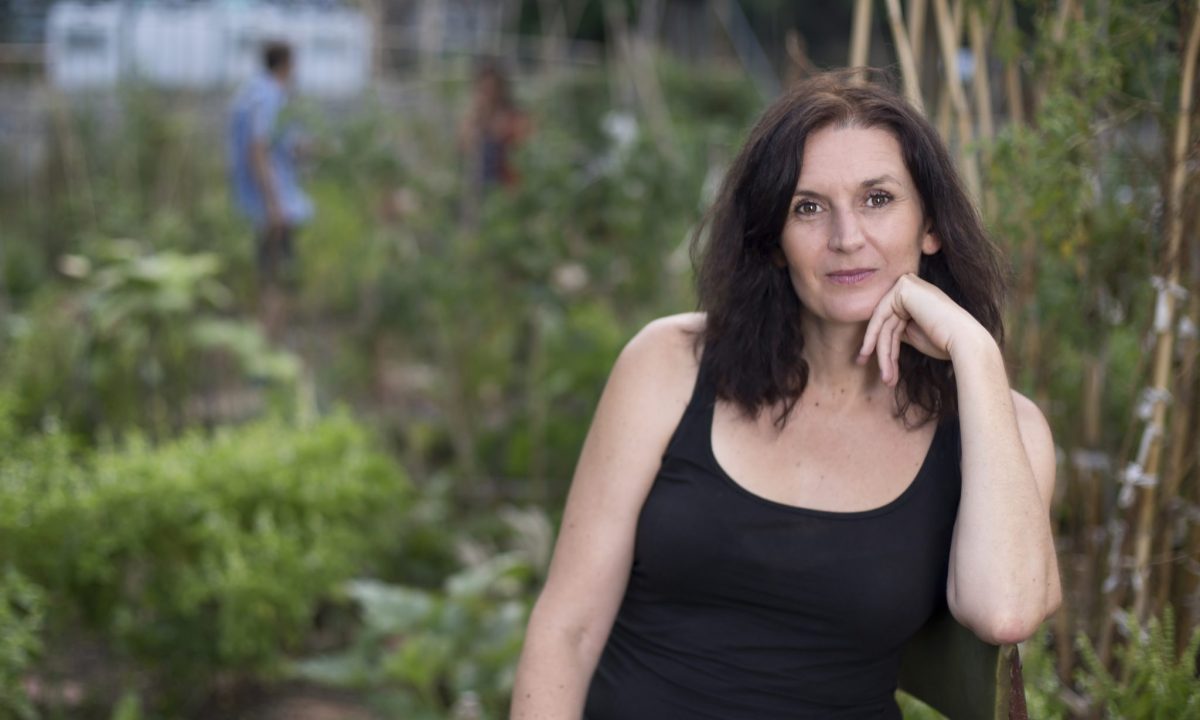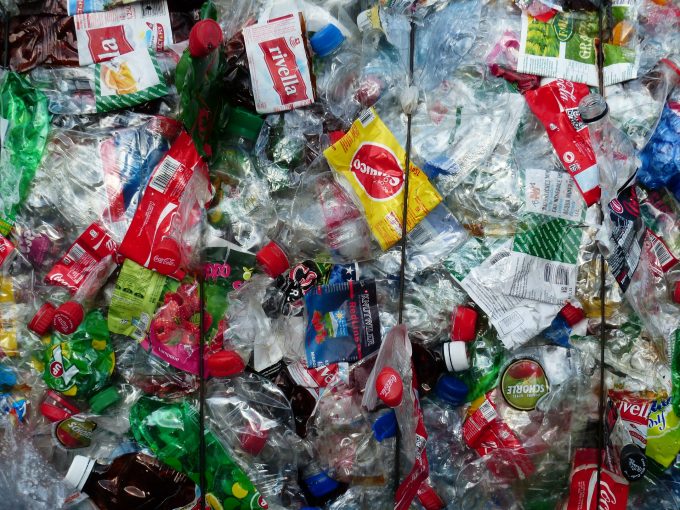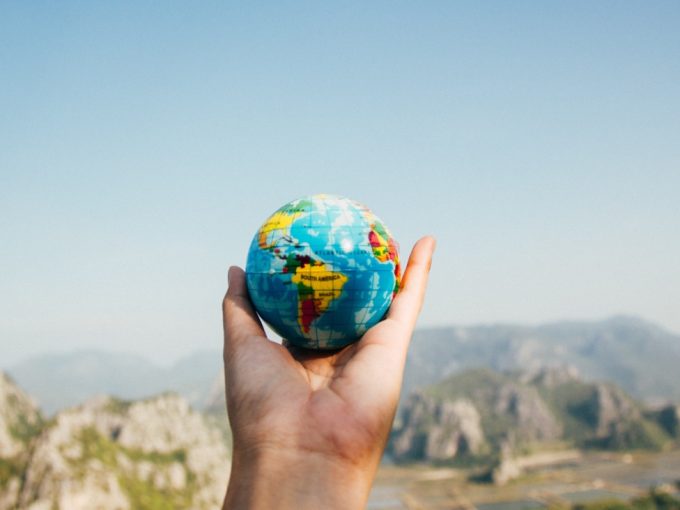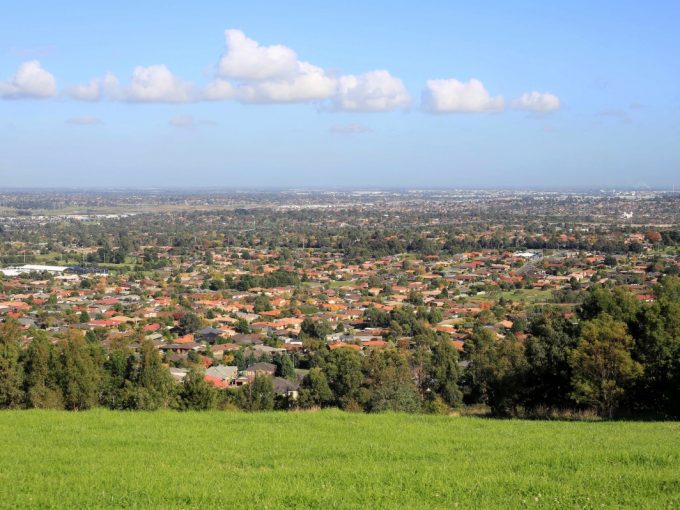From climate science to agricultural upcycling, and food packaging to urban farming, meet four researchers from around the world working towards a sustainable future.
Dr Ferne Edwards is a Research Fellow for RMIT’s Centre for Urban Research and is based at RMIT Europe in Barcelona.
She coordinates RMIT’s work as a partner on the research project EdiCitNet: Strategies towards integrating urban Edible City Solutions for social resilient and sustainably productive cities in Europe, funded through the Horizon 2020 (H2020) research and innovation scheme.
1. What’s the biggest challenge in your field?
“To achieve ongoing and real change we need supportive collaborations without ego or competition that employ empathy to consider others’ perspectives.”
“Such collaboration requires establishing a shared language and common values. If we’re going to achieve sustainable change, we need to work together.”
“We need more than the individual actions (which are still important but are not enough in themselves) of diverse groups who can agree on solutions to then support each other to harness, maintain, and propel the motivation to achieve them.”
Change needs to occur in places where they’ll be of impact – be it in policy or at crucial junctures – to disrupt and impact structural issues that can ‘lock in’ environmental and social justice achievements to be carried on.
So rather than getting caught up on the small details, people need to work together to achieve broad strokes of socio-political change that keep in sight the bigger picture of what we want to achieve.
2. How is your research helping to drive change?
My field is sustainable cities, food systems and social change.
Through my work I identify many exciting and innovative urban social food projects across the world that demonstrate that such change is possible, and happening, with many ways to engage.
By making visible such approaches, people who are doing these actions can see that they are part of a wider movement enhancing solidarity, in addition to giving hope to others that it’s worth getting involved.
Social food projects provide so much more than food – they’re also about health, urban greening, overcoming social isolation and more.
By bringing people together in cities through food practices, we can create clusters of understanding to support each other to create social change in many ways.
My current job involves supporting the establishment of an international edible cities network that strives to help initiatives learn from each other.
We aim to make this movement inclusive and representative within and across cities, to value grassroots actions for change, and to ask how can we best integrate innovative, community urban agriculture practices into policy to help this movement take its next step to create greener, more socially inclusive and resilient cities.

Ferne Edwards is based at RMIT Europe and works in sustainable cities, food systems and social change.
Associate Professor Lauren Rickards is passionate about asking the big hard questions when it comes to and dealing with our big environmental challenges.
Rickards is a co-leader of the Climate Change and Resilience research program of in the Centre for Urban Research, and Senior Lecturer in the School of Global, Urban and Social Studies, at RMIT’s City campus in Australia.
Her work focuses on the social elements of environmental issues, including climate change.
1. What’s the biggest challenge in your field?
“Understanding the scale, scope and complexity of the changes occurring on our planet and finding ways to work in this new environment is one of the biggest challenges in my field.
“Part of the challenge is balancing the very strong certainties that we know such as the direction and risks of climate change, with the extreme uncertainties including the timing and location of changes.
“Looking at that global scale and understanding cities as part of a process that involves non-urban spaces at the planetary scale is vital.
“For example, we might say to ourselves, ‘my car doesn’t have much of an effect’ but we need to think more broadly and understand that we live in an automobile-centred system.
“Cars are key to our identity and a sense of what it means to be a part of a modern society. Cities are structured around roads. So we need to look at how we change the whole way we operate as a society.
2. How is your research helping to drive change?
“I see my role as being a translator – I translate complex and overwhelming science and other emerging knowledge about the future into language and ideas to inform decisions in diverse realms, from individuals and households to board rooms and even cabinet
“It’s good to remember that although the world is changing, this includes changes for the better. And we must think of hope for our future as an active practise. We are only truly hopeful when we actively work to make a better world.”
Originally published on RMIT News. Story: Kate Milkins / Karen Matthews





